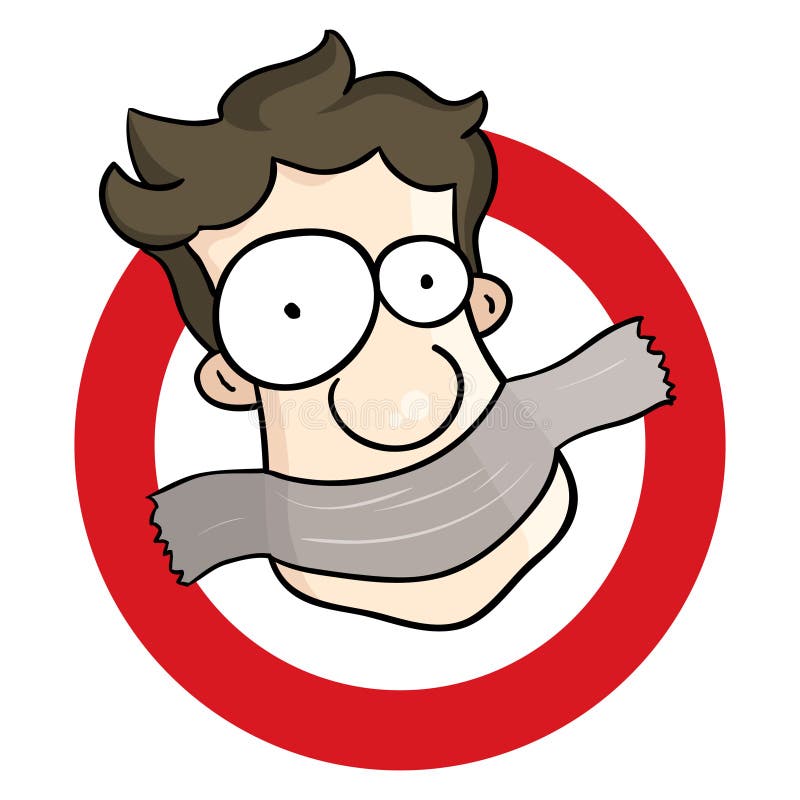Dysfunctional circles often have unspoken rules that can create a toxic environment. These circles often exhibit patterns of toxic communication, unhealthy competition, and unresolved conflicts, leading to a cycle of mistrust and disengagement among members. In such environments, collaboration and support give way to criticism and alienation, ultimately stifling creativity and growth. Understanding the characteristics and consequences of dysfunctional circles is essential for fostering healthier interactions and promoting more productive relationships. By identifying these patterns, individuals can work toward transforming circles into supportive and constructive communities. Here are some common characteristics:
- Avoidance of Conflict: Issues are often swept under the rug instead of addressed, leading to resentment.
- Lack of Accountability: Individuals may avoid taking responsibility for their actions, blaming others instead.
- Groupthink: Critical thinking is discouraged, and members conform to the majority opinion, even if it’s flawed.
- Communication Barriers: Open dialogue is stifled; members may feel unsafe expressing their thoughts or feelings.
- Favoritism and Cliques: Certain members may receive preferential treatment, leading to division and distrust.
- Fear-Based Motivation: People may be driven by fear of repercussions rather than a desire to contribute positively.
- Resistance to Change: New ideas or approaches are often rejected, even if they could benefit the group.
- Blame Culture: Instead of focusing on solutions, members might focus on assigning blame for mistakes.
- Addressing these issues often requires open communication, a commitment to change, and establishing healthier dynamics that are not present in dysfunctional circles.
In many dysfunctional families or circles, dysfunction may be encouraged and perpetuated. When one person tries to go against the grain, they will be targeted even after they escape. These are unspoken but learned rules in dysfunctional households:
"Violate boundaries and personal space or autonomy:"
- barging into rooms without knocking, not closing the door even after walking in on you out of the shower with a towel on... Picking apart your body or belittling you about hair. These things don't affect them and it's not their prerogative.
- violating your personal space continually so.
- Using non-physical contact to sexually harass you.
- sifting through your accounts, diary, or continually asking for your money.
"Don't Talk... At least not through healthy direct communication:"

- Family issues, feelings, and problems are often kept secret; you may be threatened or even abused through other means.
- Open communication is discouraged to cause fear.
- Silence is golden; avoidance of conflict or discussion of problems is seen as preferable, leading to unresolved issues.
- Thwarted communication (word salad, deflection, projection, confusion) avoidance, or unrelated arguments are perpetuated.
"Don’t Feel or Display Empathy:"
- Emotional expression may be minimized or invalidated.
- Family members might be expected to suppress their feelings.
- Your emotional needs or pain will be neglected or ignored.
- There is such a repeated lack of care or empathy that some people in the circle soon develop a path of moral disengagement or normalize this dysfunction.
"Don't Be Foolish Enough to Trust:"
- There may be a pervasive sense of distrust among family members, leading to suspicion and fear.
- Toxic family members may even throw suspicion on the scapegoat or target of a family or social circle.
"Be Perfect:"

- High expectations can create pressure to meet unrealistic standards, resulting in feelings of inadequacy.
- A golden child (especially in a dysfunctional family) may be in that position to always carry the family name, legacy or else to face the dire consequences directed towards their black sheep sibling, of ostracizing, or physical and mental abuse.
"Take Responsibility for the Abusers in the Circle:"
- Family members may feel obligated to manage or rescue others’ emotions and problems, leading to codependency.
- The abusers or "golden child" will be treated with kid gloves even as adults, they will be catered to.
- Any reaction to the abuse will be seen as actual abuse itself and it will be the victim's fault for creating discourse or standing up for themselves.
- Under an employer, one person may take the workload on themselves or the manager creates a hostile environment between coworkers. This causes a domino effect where the scapegoat employee who takes most of the workload is blamed for the manager's operational mistake.
- That one friend is mad at you for an actual or perceived wrongdoing against them, and starts giving you the silent treatment and triangulating friends against you. Everyone in the friend-group falls in line to act toxic towards you as well. There is no communication, just continual punishment and retaliation from then on.
"Blame and Shame:"
- Assigning blame and shaming individuals for mistakes is common, creating a toxic environment where resolution will seem impossible.
- The scapegoat is usually blamed and triangulated against, especially in a toxic family.
- In certain families, if a death occurs, the first thing toxic members will do is start to blame someone for the death, or shame people for a perceived wrong, or boast about who can't pay for the funeral, rather than supporting each other healthily through grief.
- This blaming and shaming allows people to stay stuck and boxed in without finding a resolution. You will be kicked while you are down rather than encouraged to do better or helped.
- Blaming the victim and supporting the abuser or justifying their abuse.
"Control and Manipulate:"
- Power dynamics often dictate interactions, with some members exerting control over others.
- Being aggressive (aggressive language, behavior or threats) to "get your way" is upheld.
- Controlling who and how someone spends their time.
- Undermining someone's self-esteem and making them feel unworthy through belittling comments and insults (especially when you're alone).
- Gaslighting by pretending that you don't do the abusive things above.
- Brandishing a false image (kindness, generosity, loving, encouraging) that is contrary to the emotional abuse they unleash in private.
"Loyalty Above All Especially to Abusers:"
- Blind loyalty to family members can prevent individuals from speaking out against harmful behaviors.
- The narcissists or abuser in the family will demand undying loyalty but won't reciprocate.
- The supplies are to be loyal even at the cost of their own livelihoods or mental health.
"Fling Out Perpetual and False Victimhood Especially to Avoid Responsibility:"
- Some members may adopt a victim role, which can excuse harmful behavior and foster resentment.
- The toxic or abusive person may use this as a way to smear their victim or target; often when the victim stands up for themselves, they see it as false disrespect and a rebellion against their control.
- Blaming others and placing responsibility on them to deflect from abusive behavior.
- Victimizing the abuser and ostracizing the scapegoat, at the point the victim finally stands up for themselves.
Understanding these rules can be the first step toward healing and breaking free from dysfunctional patterns. Some victims do not make it, unfortunately. If you witness that someone is being mistreated, be their safe place and not an extension of the hell they're already surrounded by. There are are cycle breakers everywhere who have had to walk away from people who refuse to break toxic or abusive cycles. You can gain your freedom and mental clarity from toxic circles through independence, self love, knowledge, safety-seeking, transformation, and healing.
Have you ever been stuck in a dysfunctional circle?





Yes, I have. I had a co-worker who kept acting like she was our manager and she blamed me for something I didn't do. Before long, the entire team was bullying me so much that I just had to leave!
ReplyDeleteYup! It's like being in hell bc no one is willing to stop enabling the worst person in the family. OmG!
ReplyDeleteOmG! Yeah... I've been stuck in two. My family was the first😭
ReplyDeleteThe "don't talk" is so true it's unreal. The amount of secrets and lies that I was made to keep as a child was so wrong.
ReplyDeleteDysfunctional circles are the worst and so true how they're unwilling to change it.
ReplyDelete